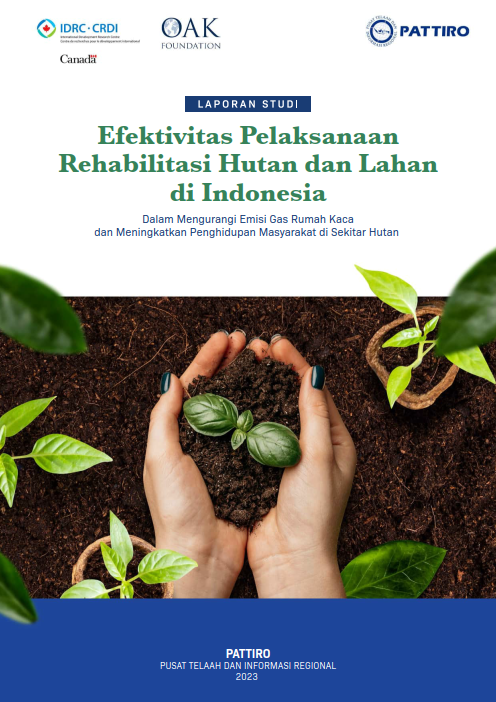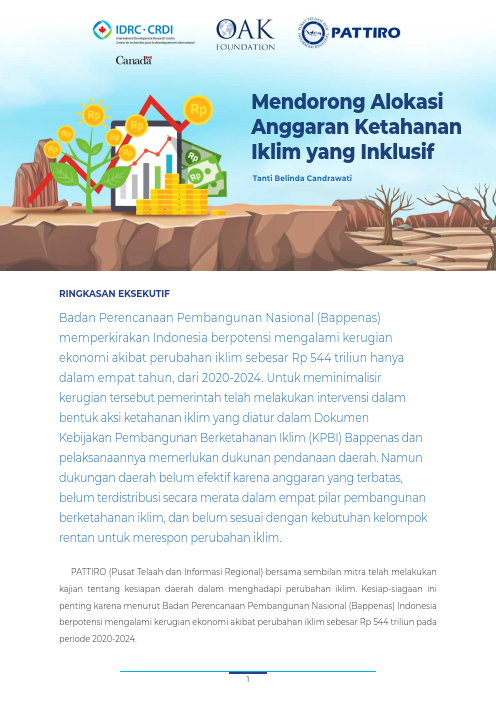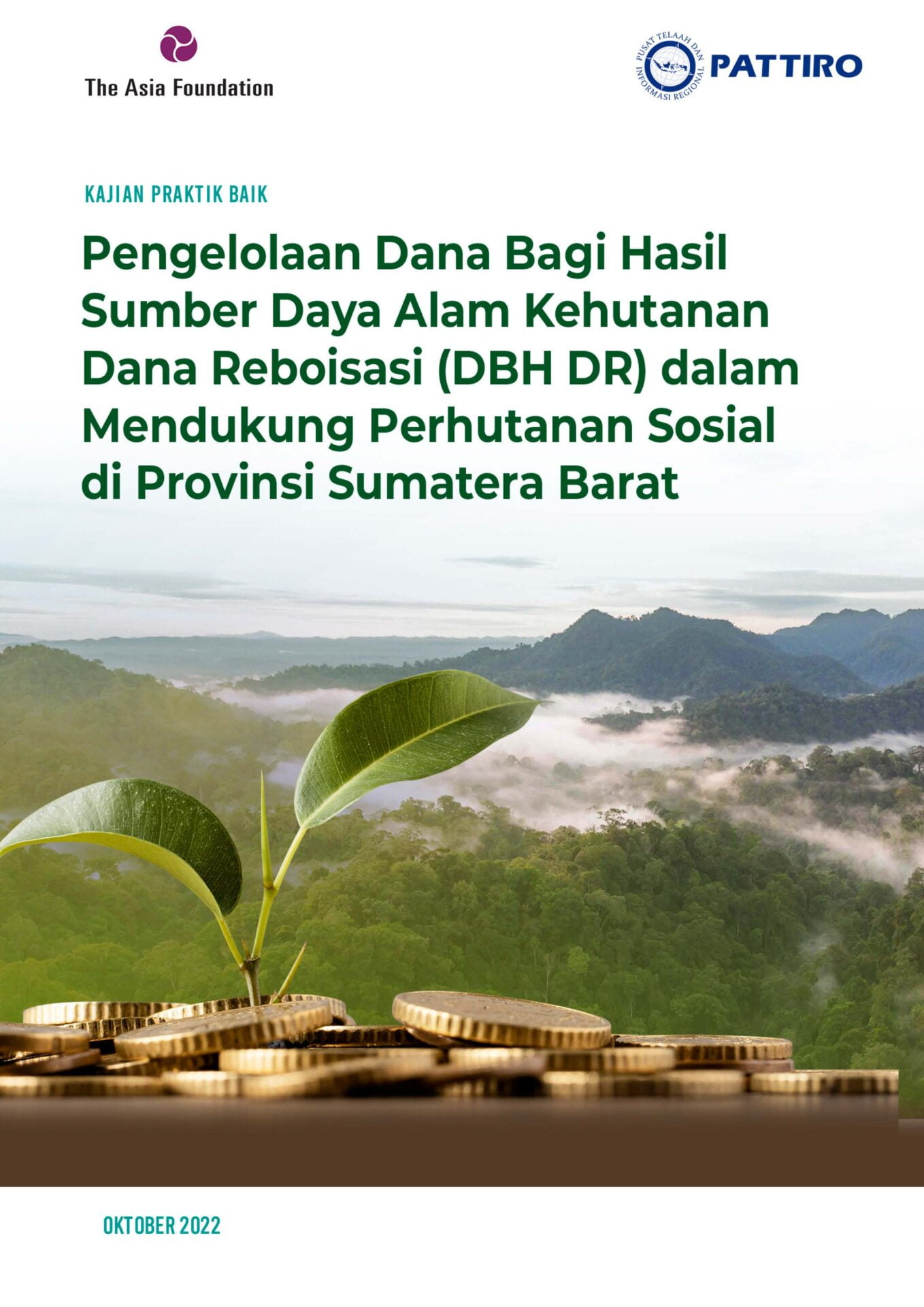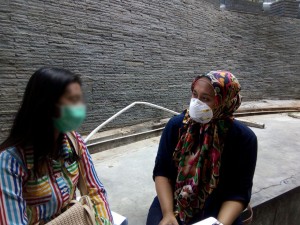 The eradication of pulmonary TB in Indonesia has been ongoing since 1969, but the results have not been satisfactory. Based on the 2016 Global Tuberculosis Report, Indonesia ranks second under India in the number of TB patients. This figure is highly concerning, as TB is a highly infectious disease, spreading rapidly through the air without being immediately identified. In 2016, the Ministry of Health has issued Minister of Health Regulation No. 67 of 2016 on Tuberculosis Eradication, which aims to increase awareness and ownership of the importance of TB eradication in the regional level. The approach is to encourage Regional Action Plans and Regional Regulations that support the eradication of TB, as well as budget allocations for TB control. Another form of efforts to promote awareness of the eradication of TB is strengthening the role and participation of the community through citizen monitoring, social audits and other surveillance measures.
The eradication of pulmonary TB in Indonesia has been ongoing since 1969, but the results have not been satisfactory. Based on the 2016 Global Tuberculosis Report, Indonesia ranks second under India in the number of TB patients. This figure is highly concerning, as TB is a highly infectious disease, spreading rapidly through the air without being immediately identified. In 2016, the Ministry of Health has issued Minister of Health Regulation No. 67 of 2016 on Tuberculosis Eradication, which aims to increase awareness and ownership of the importance of TB eradication in the regional level. The approach is to encourage Regional Action Plans and Regional Regulations that support the eradication of TB, as well as budget allocations for TB control. Another form of efforts to promote awareness of the eradication of TB is strengthening the role and participation of the community through citizen monitoring, social audits and other surveillance measures.
Civil Society Organizations must take an important role in TB prevention programs in Indonesia. They play a role in filling the gap between the existing health care systems and the community’s ability to access them. Such roles include the discovery of patients with TB symptoms, helping communities to access quality TB service facilities and supporting patients to complete their treatment. Advocacy is a very important role of civil society organizations because the commitment of providing TB resources, especially at the local level, is still very low.
PATTIRO becomes a part of the TB Challenge program supported by the KNCV Foundation, taking a role in TB control by encouraging the involvement of CSO active participation in the regional planning and budgeting process for TB control, implemented in Jember Regency (East Java Province), Surakarta City (Central Java Province), Jayapura City (Papua Province) and Bandung City (West Java Province). PATTIRO sees the involvement of CSOs in the regional planning and budgeting process as essential to create better and higher quality public services, including health services, as well as local government accountability.
One of the efforts made by CSOs to encourage the commitment of local governments in TB eradication is pushing for budget allocation in the regional budget (APBD) for TB prevention. The CSO’s proposal is packed in the form of Executive Reviews, which is a form of advocacy based on evidence. The following are the Executive Reviews of 4 regencies/cities that have been formulated by the CSO Coalitions.
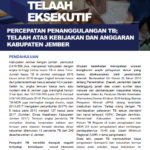 | |
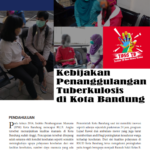 | |
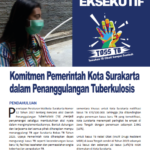 | |
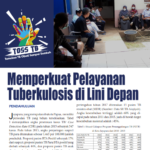 |

